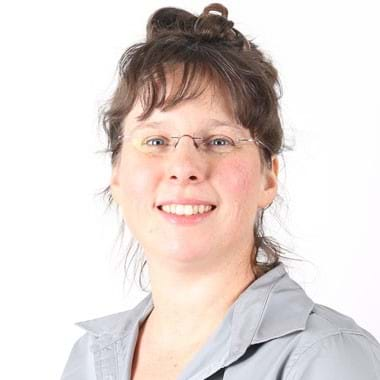Combining slow release and conventional nitrogen fertilizer to reduce leaching and stabilize annual potato yields

Christine Landry
Researcher, agr., Ph.D.
418 643-2380
ext 640
Description
Meeting nitrogen requirements mainly through the use of a highly stable form of fertilizer can minimize nitrogen losses, provide nitrogen amounts closer to the plant’s actual needs, and stabilize or increase potato yields. Using a conventional starter fertilizer makes up for the delay in nitrogen release from the slow release fertilizer in the spring.
Objective(s)
- Minimize nitrate (NO3) leaching and stabilize yields based on crop nitrogen requirements
- Determine:
- What fraction of the plant’s nitrogen requirements should be met by a conventional starter fertilizer
- Whether overall nitrogen inputs can be reduced
- Whether all the fertilizer can be applied at planting
- Determine the effect of the various scenarios on yield, nitrogen uptake, and residual nitrate
- Compare revenues and costs in the different treatments
From 2017 to 2019
Project duration
Market gardening
Activity areas
Fertilizer management
Service
The fertilization strategy outlined here will help improve crop yields and the environment.

Partners
Growing Forward 2 | Ministère de l'Agriculture, des Pêcheries et de l'Alimentation du Québec - Innov'Action Programme | Agriculture and Agri-Food Canada

Publications
Research report • Christine Landry, Mylène Marchand-Roy, Julie Mainguy, Luc Belzile, Carl Boivin, Jérémie Vallée
Landry, C., M. Marchand-Roy, J. Mainguy, L. Belzile, C. Boivin, J. Vallée, A. Lamontagne, M. Grenier, M. Paradis, D. Godonou. 2020. Développement d'une fertilisation azotée mixte combinant une part d'engrais conventionnel et une part d'engrais à libération contrôlée permettant de contrer le lessivage et de stabiliser les rendements anuuels en pommes de terre. IRDA. 47 p. DownloadThis may interest you
Potential of a flowering plant mix to encourage natural enemies of caterpillar pests on crucifers (cabbage family)
This three-year project looked at optimal ways to use a mix of flowering plants against caterpillar pests of crucifers.
Population dynamic of Lepidopteran pests of sweet corn and recommendations for adapting control strategies
Population dynamic of Lepidopteran pests of sweet corn.
Researcher: Maxime Lefebvre

Impact of green manure and organic fertilizers on the yields and safety of organic carrots grown on muck soil
Plots were set up at the Organic Agriculture Innovation Platform in St-Bruno-de-Montarville, Québec.
Researcher: Caroline Côté


